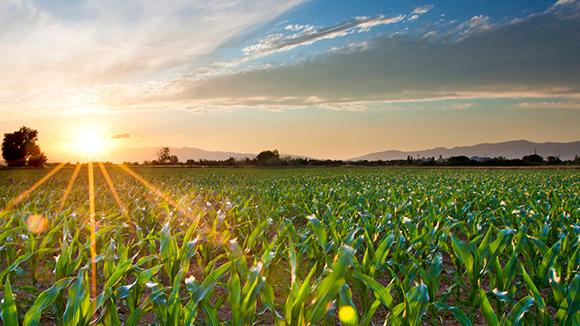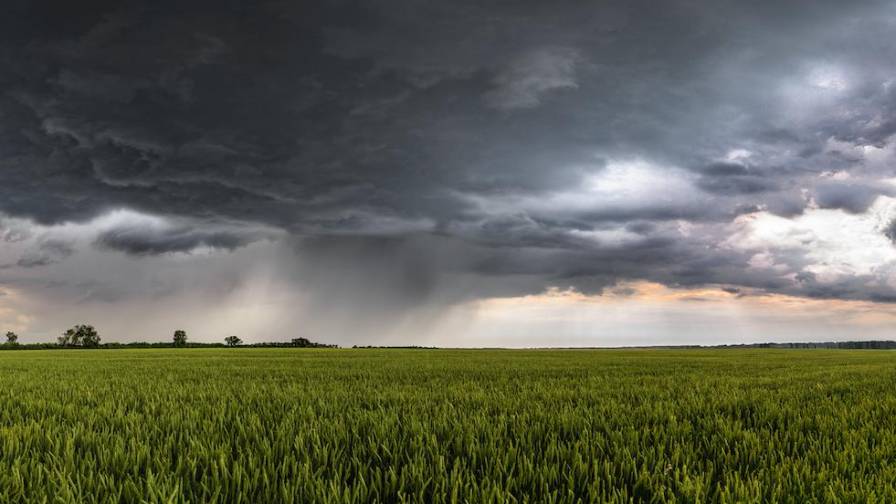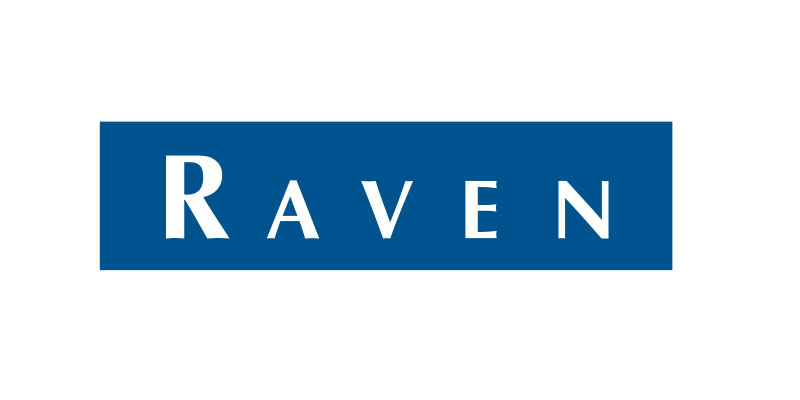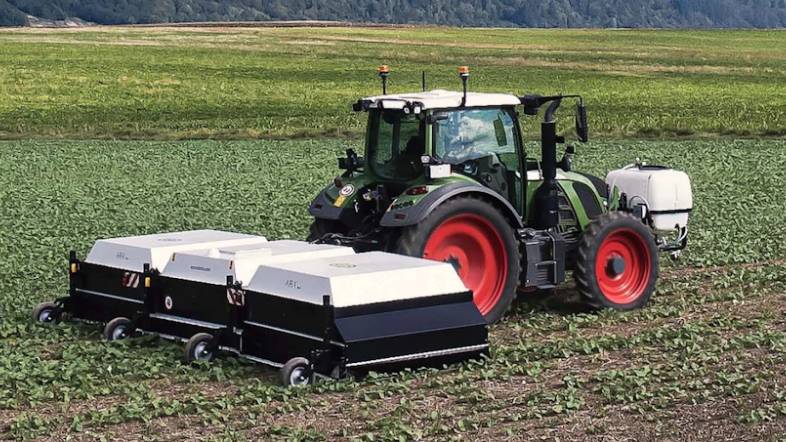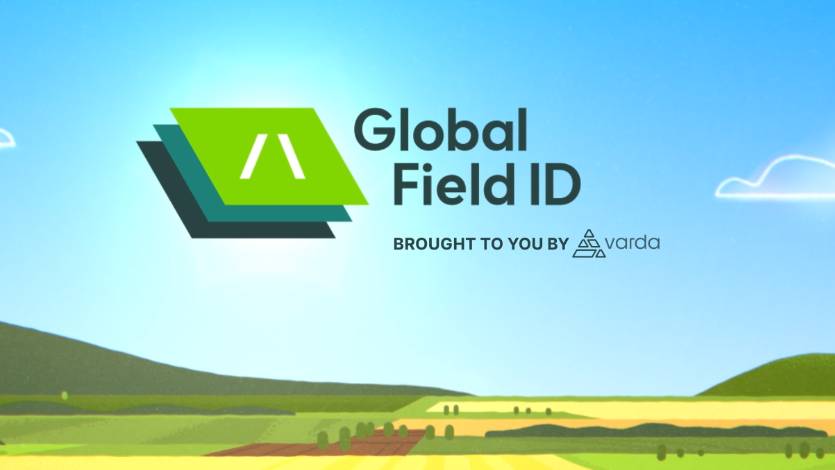Profiles In Education: Kirkwood Community College
Terry Brase, associate professor of ag geospatial technology, and his team at Kirkwood Community College in Cedar Rapids, IA, have built a program for students with designs on a career in agriculture technology. Terry discussed the outstanding educational program in a recent interview.
Tell us a little about the program offering.
Agriculture Geospatial Technology (AgGT) is the program Kirkwood offers for students that want to specialize in a precision farming, GPS, or GIS career. Students can also take ag business and ag production programs and get precision farming courses as electives. All of these programs are 2- years and they receive an Associate of Applied Science degree. Kirkwood also offers Animal Health, Horticulture, and Equine programs.
Tell us about your approach to education with the AgGT program.
MORE BY MATT HOPKINS
Rural Connectivity Gets a Major Boost: 5 Things to Know About the John Deere-SpaceX Deal
Robot Umpires to Robot Tractors: Similarities Run Deep Between Baseball and Agriculture
This allows me to share a little educational philosophy along with information about our program. The difference between training and education is indeed the focus. Industry typically does training; very specific to a device/software/instrument. Training usually assumes prerequisite knowledge and fundamental skills. On the other hand, education is less about one specific device as it is assuring understanding so the student can operate any number of similar devices.
Basic science, mechanical skills, technical content, as well as the critical thinking all go along with education. Therefore, a student that has been educated using equipment and software from “Company A” will still be able to figure out “Company B’s” equipment and software. With that, the AgGT has courses in General Education/Communication (14 credits), Science/ Math (13 credits), Agriculture Core (Agronomy, Soils, Computers, and Ag Econ, 12 credits), and Geospatial courses (16 credits).
In addition, student can select a career pathway to focus on for another 12 credits of electives. The two most common areas are: Dealership (for those students that want to work for a dealership, equipment company, or on the home farm working on the equipment); or Agronomy (for those students interested in working for a co-op or consultant). Dealership students take additional courses related to precision ag hardware and software. Agronomy students take additional courses in crop and soil science such as row crop production, fertilizer and chemicals, IPM, forages, accounting, and ag marketing.
Where do students typically go to work after graduation?
Students have varied options when they graduate. Students from last year’s graduating class either transferred to Iowa State University or another 4 year college, went back to the home farm to apply the technology, started working for an equipment dealership, or started working for a consultant or a cooperative. Usually there will be one or two students that will work in the geospatial technology area outside of agriculture.





